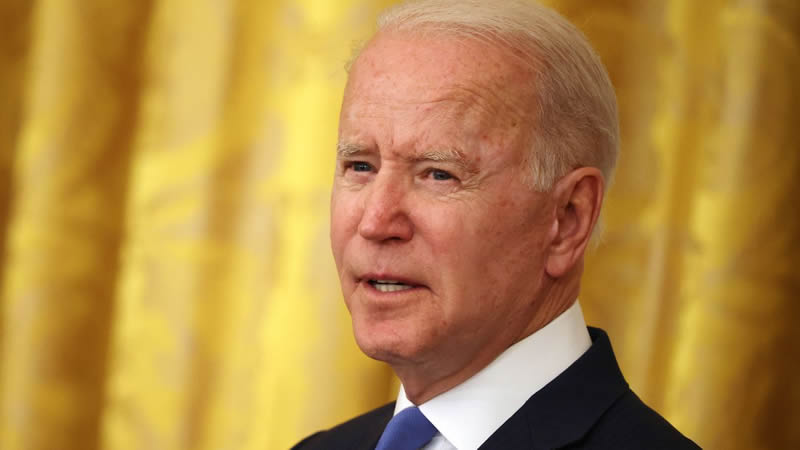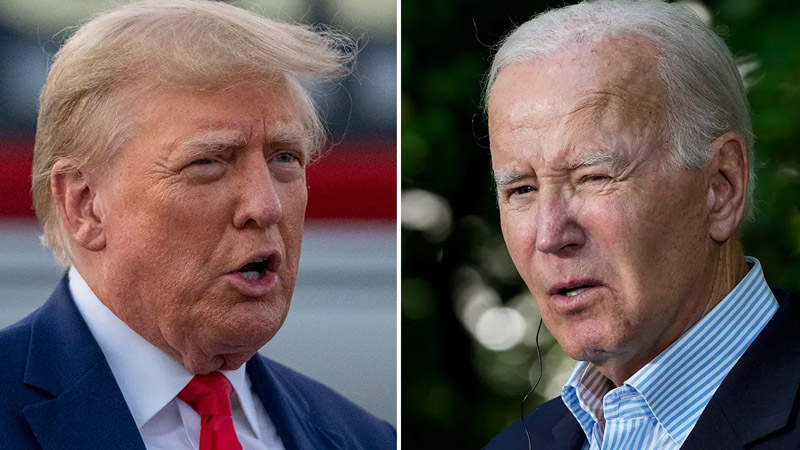Palestinian American Doctor Stirs Political Waters with Bold Exit from Biden Meeting

Source: ABC News
Palestinian American physician Thaer Ahmad captured national attention with his dramatic exit from a meeting hosted by President Joe Biden with Muslim leaders, marking a significant moment of protest and signaling deep-seated discontent with the administration’s handling of issues crucial to the Muslim community.
This event, reported by Mediaite, reverberated through political realms, highlighting a palpable sense of urgency and demand for action. In a candid discussion with CNN’s Kaitlan Collins, Ahmad articulated his motivations for this bold gesture, emphasizing his intent to hold the President accountable for the administration’s stance and actions—or lack thereof—towards Palestine and other matters affecting Muslim-majority countries.
Ahmad’s confrontation with Biden was not just a moment of personal dissent but a reflection of broader communal frustration over the ongoing humanitarian crises in regions like Palestine, where the quest for justice and equality remains largely unaddressed by current U.S. foreign policy.
Ahmad’s direct challenge to President Biden shed light on the deep-rooted issues surrounding the Israeli-Palestinian conflict, including contentious topics like settlement expansions and the blockade of Gaza. His protest resonated with a global audience, echoing the sentiments of many who have been advocating for the rights of Palestinians and seeking a more assertive stance from the Biden administration toward a fair resolution.
The fallout from Ahmad’s protest underscores the delicate balance President Biden must maintain in Middle Eastern politics. Despite verbal commitments to a two-state solution, critics argue that tangible actions to tackle the core issues of the conflict have been insufficient. Ahmad’s act of leaving the meeting was a stark reminder of the dissatisfaction with the current approach and the urgent need for substantive policy shifts.
In the wake of the incident, the Biden administration reaffirmed its dedication to engaging with a spectrum of voices within the Muslim community and striving for a just solution to the Israeli-Palestinian dispute. Yet, this response has been met with skepticism by those demanding immediate and impactful measures to address longstanding grievances.
Moreover, Ahmad’s protest ignited a broader dialogue on the importance of activism and the power of dissent in influencing political narratives. His audacity to confront established power structures inspired many to reconsider their role in advocating for social justice and human rights. The widespread support that flooded in for Ahmad underscored a collective yearning for bold leadership and unwavering commitment to justice, making Ahmad a symbol of defiance against oppression.
His refusal to stay silent against perceived injustices has highlighted the potential for individual actions to spark significant change, challenging others to stand firm in their convictions and advocate for meaningful progress in the face of daunting obstacles.


